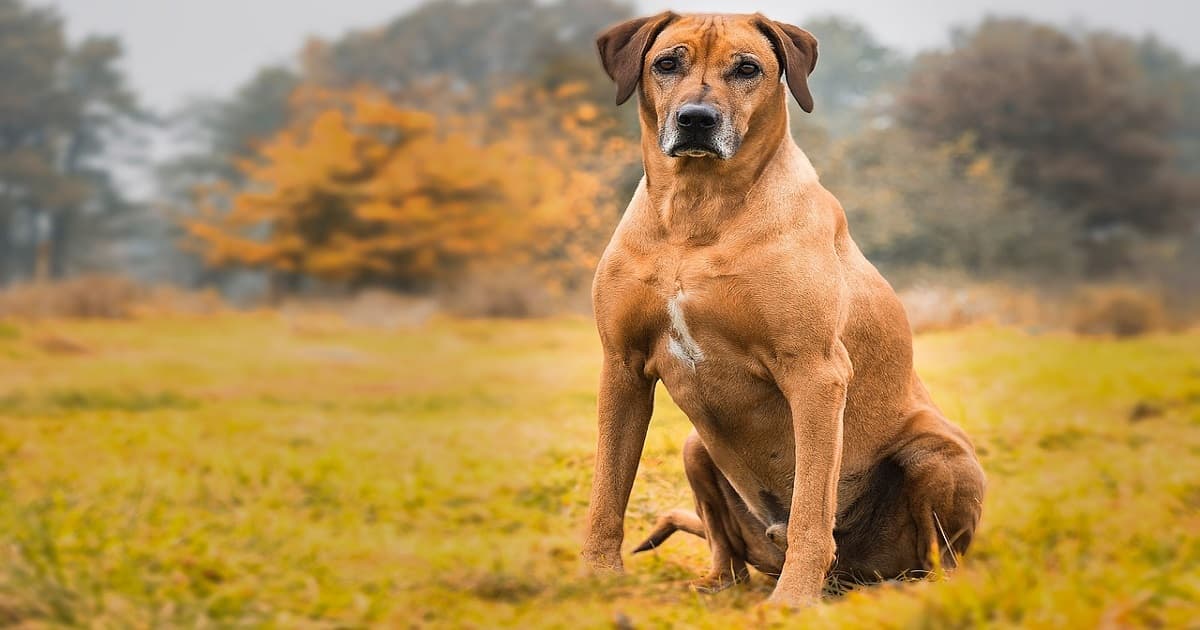Table of Contents
African Ridgebacks: A Loyal and Noble Companion
Irish Hounds, The African Ridgeback, commonly known as the Rhodesian Ridgeback, is a dog breed with a rich history and unique characteristics that have made it a beloved companion for many. Originating from Southern Africa, African Ridgebacks was initially developed for hunting large game, including lions, which has earned it the nickname “African Lion Hound.” Despite its fierce origins, the African Ridgeback is known for its loyalty, intelligence, and gentle nature with its family.
A Glimpse into History
Why Ridgebacks are the best?
Intelligent are Ridgebacks.
They can become achieved rivals in adaptation, bait flowing, dutifulness, nose work, and even dexterity. Ridgebacks often comprehend their owners’ emotions because of their emotional sensitivity. Ridgebacks are many times remembered to prepare their proprietors as opposed to the opposite way around.
Wolfdogs, The African Ridgebacks of the Khoikhoi people, who were known for having a distinctive ridge of hair along their backs, are the ancestors of the Rhodesian Ridgeback. African native dogs were first crossed with European breeds like Greyhounds, Terriers, and Great Danes by European settlers, particularly in Zimbabwe (formerly Rhodesia). The idea was to make a dog that could survive the harsh African climate, hunt well, and protect the family with loyalty.
The outcome was a variety that succeeded in hunting enormous game as well as had momentous perseverance and flexibility. A characteristic of the African Ridgebacks, the ridge of hair growing in the opposite direction along the spine is a direct descendant of their Khoikhoi ancestors.
Physical Characteristics
Male African Ridgebacks typically weigh between 80 and 90 pounds, while females are slightly lighter. The African Ridgeback is a medium to large dog. They stand around 24 to 27 inches tall at the shoulder. Most of the time, their short, slender coat is wheaten and can range from pale flaxen to deep red. Unique and distinctive is the ridge on their back, which is formed by a strip of hair growing in opposition to the rest of the coat.
Their impressive speed and agility are aided by their muscular build, deep chest, and sturdy legs. The Ridgeback dog has a large head and a strong jaw. Their round, expressive eyes frequently convey a sense of intelligence and alertness.
Temperament and Personality

While the African Ridgebacks hunting ability is proven and factual, their disposition at home charms them to numerous families. They are well-known for their devotion to their owners and strong bond. Because of their inherent protective nature, these dogs make excellent guard dogs. Their protective nature, on the other hand, does not result in unnecessary aggression; In general, they are reserved around strangers but are not overly aggressive.
Ridgebacks are also identified for being strongminded and autonomous. For African Ridgebacks owners, this characteristic may make training them somewhat challenging. Reliable, firm, and encouraging feedback based preparing is essential to guarantee they become respectful individuals from the family.
African Ridgebacks are affectionate with their families and can be particularly gentle with children, despite their independence. They do best when they are actively involved in family activities and given plenty of mental and physical stimulation.
Health and Care
The African Ridgeback class typically subsists for 10 to 12 eons and is in moral health. In any case, similar to all varieties, they are inclined to specific medical issue. Among the most prevalent health issues in this breed are hip dysplasia, elbow dysplasia, and the skin-affecting congenital condition dermoid sinus. Maintaining their health and well-being necessitates regular exercise, a well-balanced diet, and regular veterinary visits.
African Ridgebacks have a moderately low-support coat. Their coat will remain in good condition by being bathed occasionally and being brushed frequently to remove loose hair. They should also get their teeth cleaned, get their nails trimmed, and clean their ears on a regular basis as they should with all dogs.
The Ideal Home for an African Ridgeback
The African Ridgeback is best for people who like to be active with their families or who can give them a lot of exercise and mental stimulation. They are not a breed that does well in an apartment unless they are given plenty of chances to exercise. This energetic breed would thrive in a house with a large, secure yard.
They can handle being left alone for a reasonable amount of time due to their independence, but they shouldn’t be left alone or ignored. Ridgebacks thrive when they are a part of a family and involved in activities every day.
In conclusion, the African Ridgeback is a noble, trustworthy, and adaptable breed that is capable of being an excellent addition to the right home. They stand out from other dog breeds due to their strong personality, distinctive physical characteristics, and extensive history. The African Ridgeback will be a faithful companion and protector for many years to come with proper care, training, and love.
